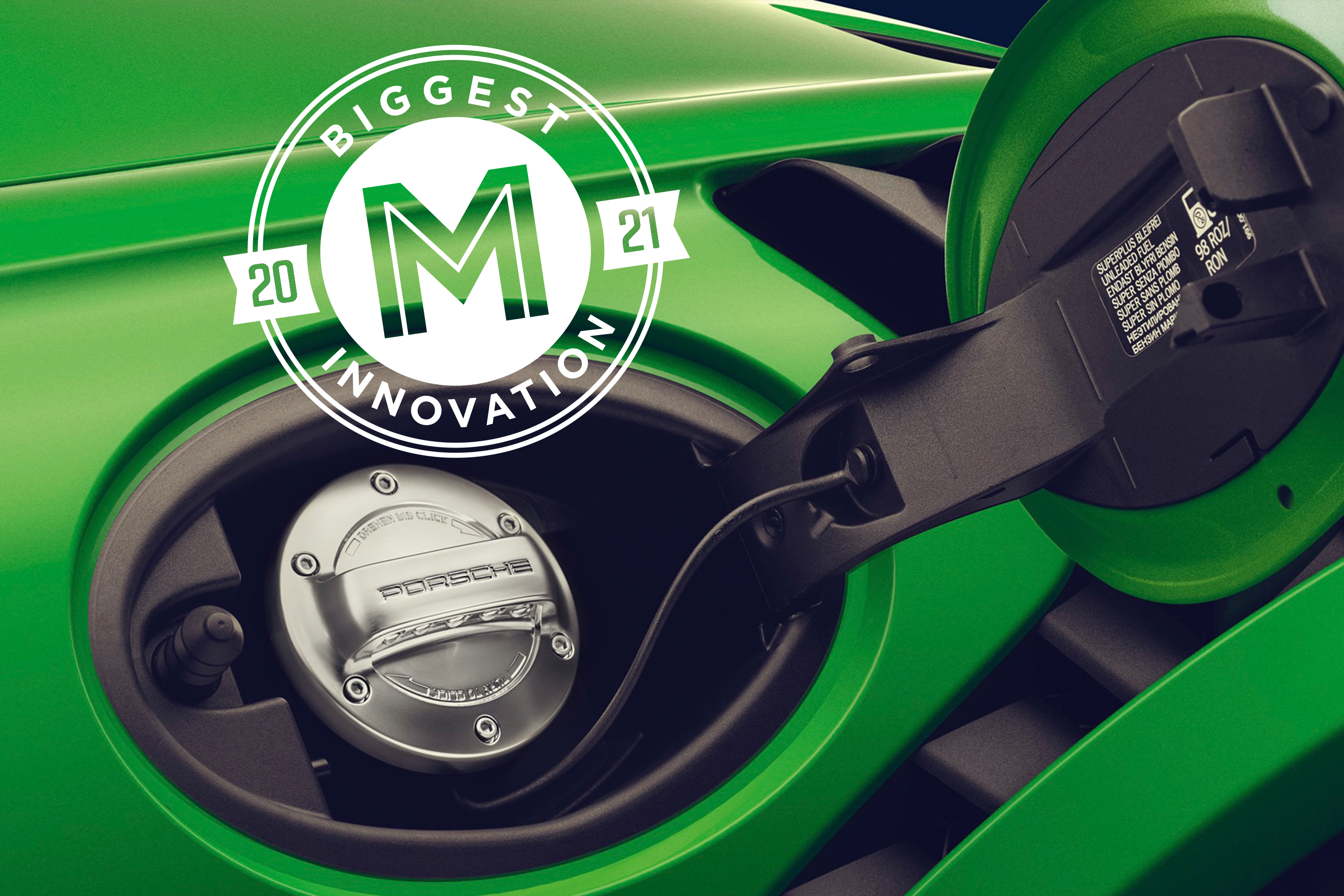Welcome to the MOTOR Awards 2021, where our team offer a tip of the hat to those that displayed automotive excellence in the last 12 months.
Biggest Innovation Winner: Alternate Fuels
This year has been filled with new and exciting technological advancements. But few have got car companies and enthusiasts alike as excited as synthetic fuel.
Renewable energy and carbon capture advancements has made synthetic fuel a viable (though still very expensive) technology, and it is viewed by certain powerful figures within the industry as a wonder juice – a petrol alternative which can be created in a carbon-neutral process, that burns clean, can utilise existing infrastructure, and could be used in any combustion-powered vehicle without modifications.
Every car, truck, plane, or boat that currently runs on petrol or diesel could transition to a synthetic alternative almost overnight. Considering the global passenger car fleet currently tallies around the 1 billion mark, that’s potentially a huge reduction in CO2 emissions.
But change doesn’t happen that quickly. Like most new technologies, synthetic fuels will begin their foray into the mainstream on the world’s race tracks. Formula 1 will adopt a yet-to-be-decided carbon neutral fuel in 2025, while Porsche’s new 992-gen 911 Cup car can – and in the Netherlands, does – run on synthetic fuel.
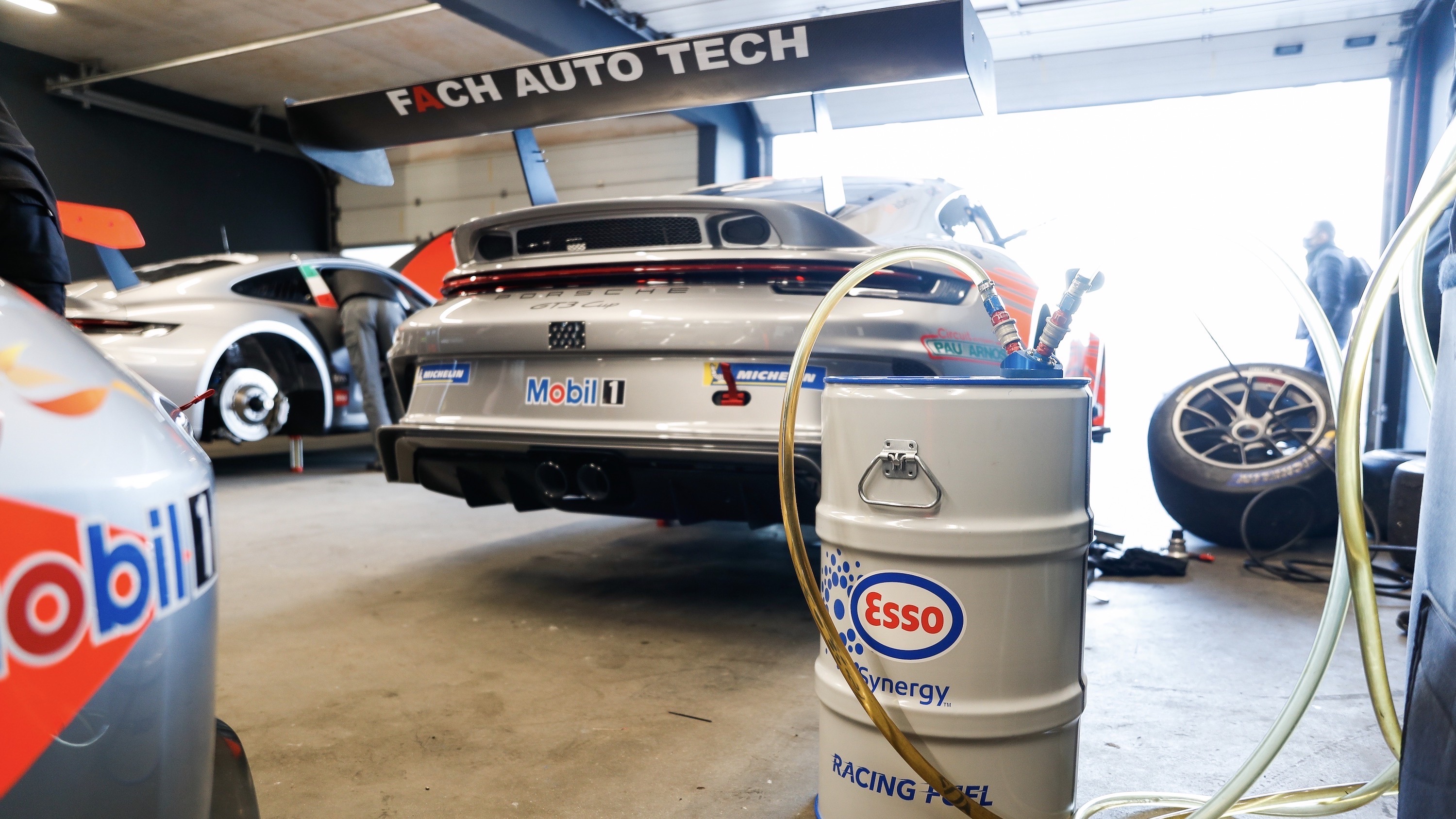
The major hurdle facing synthetic fuel is pricing. Currently Porsche estimates the synthetic fuel it produces as part of a prototype program costs $13.24 a litre to produce. Fill a 992-gen Turbo S fuel tank, and you are looking at a bowser cost of near enough $900.
The company’s CEO believes the petrol alternative needs to cost in the region of $5.30 to be viable. We aren’t there yet, but much like how battery tech has become drastically cheaper in recent years, so will synthetic fuel.
Electric and hydrogen will make up a large part of our motoring future, but with synthetic fuel, combustion engines may have been given a permanent stay of execution. It isn’t a wholesale fix for the demons that haunt internal combustion but makes up a very important part of ensuring the performance cars we know and love today can still be enjoyed decades into the future. – CK
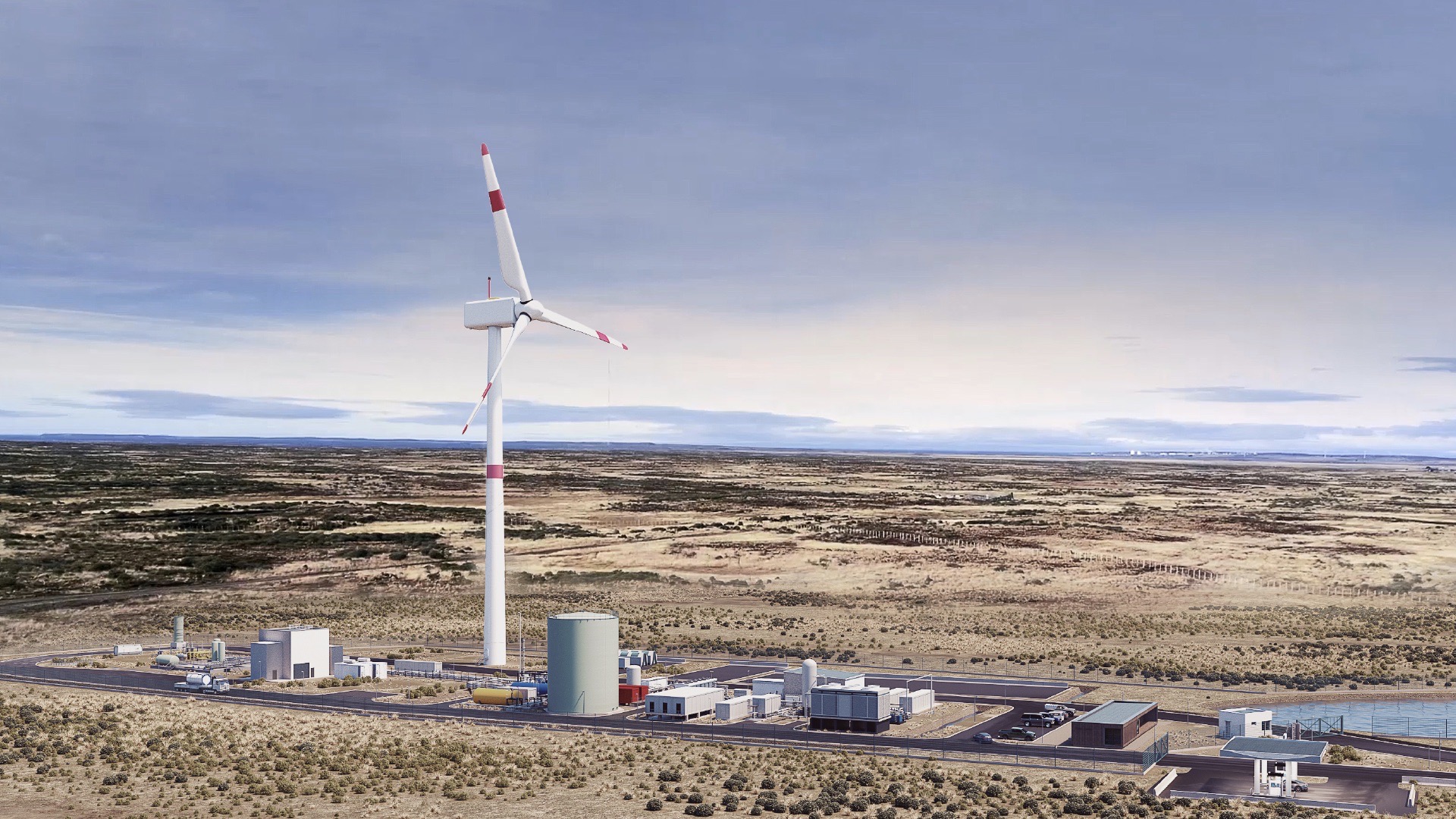
Honourable mention: McLaren / Ferrari 120-degree V6
No, it’s not Spygate 2.0 – McLaren and Ferrari have both, independently, built 120-degree twin-turbo V6 engines for their next-gen hybrid supercars. Both almost flat designs allow the ICE units to be placed ultra-low in the car, while shorter crankshafts reduce overall length. The era of V12 and V8 supercars is nearing an end, but these V6s prove there’s no point crying over lost cylinders.
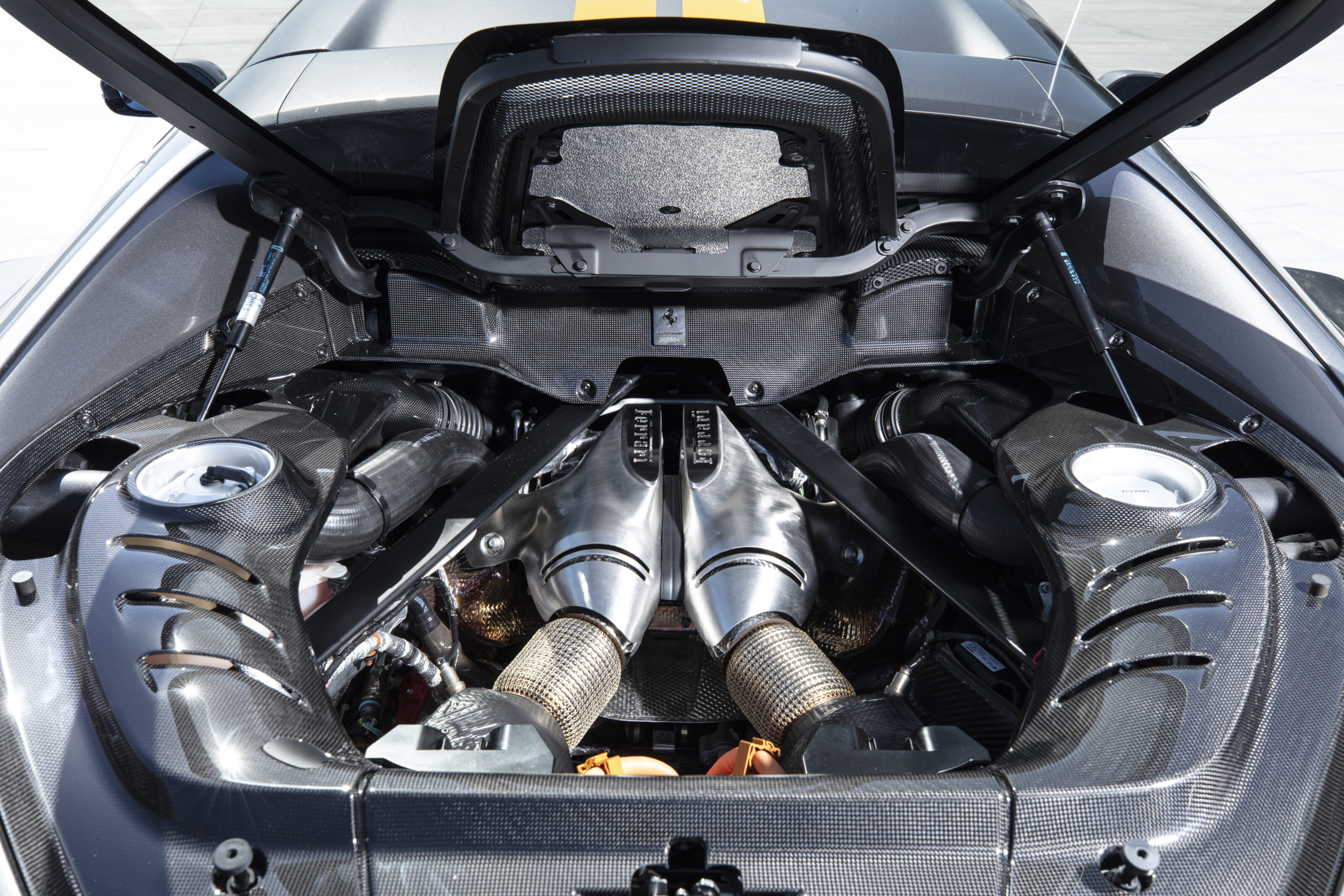
Honourable mention: Amplitex
There’s more to reducing the environmental impact of the automotive world than new propulsion technologies. Swiss company Amplitex has developed a flax-based sustainable alternative to carbon fibre that can be used to build FIA-approved crash structures. Expect it in road cars sooner rather than later.
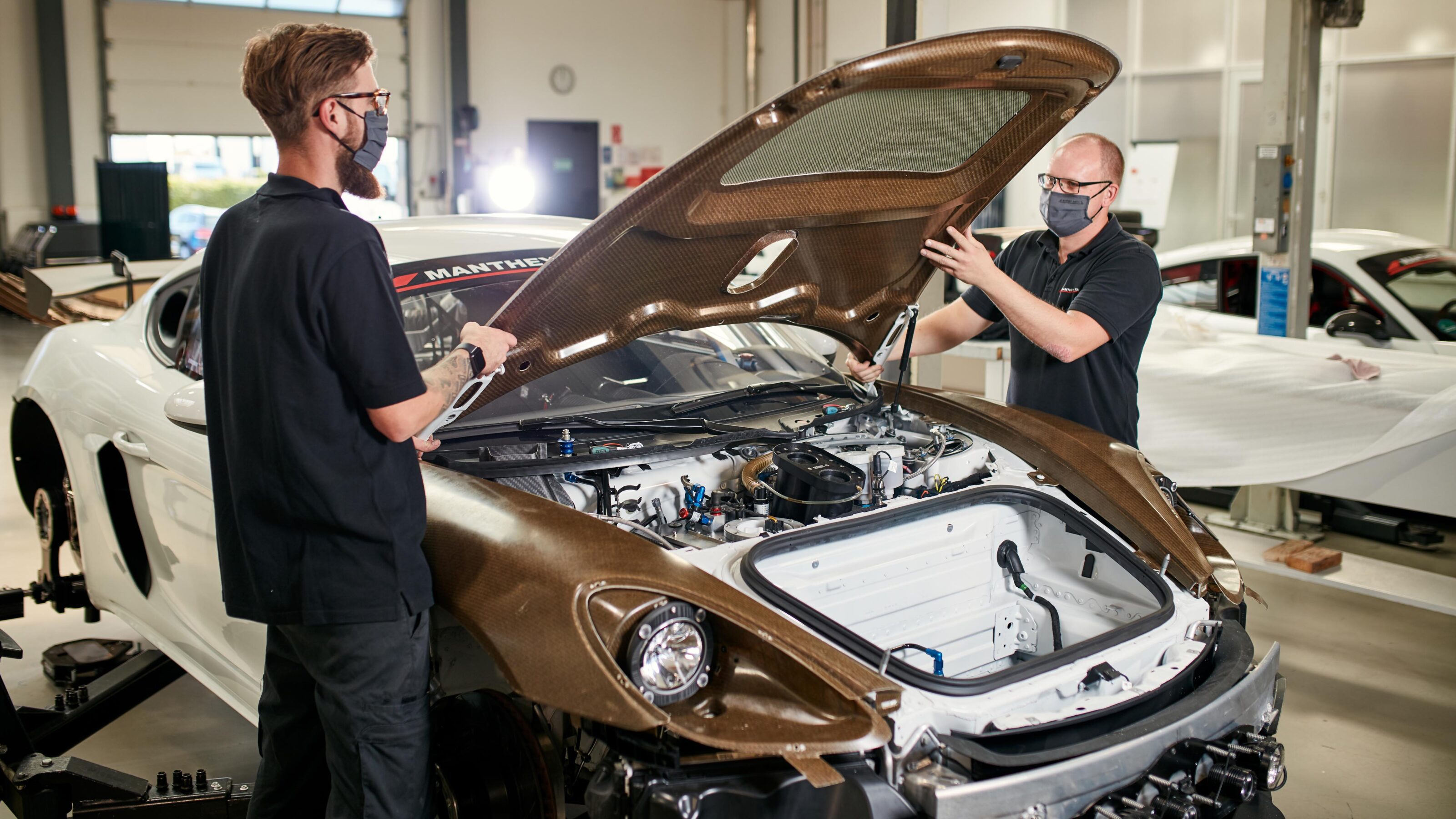
We recommend
-
 News
News2020 Australian Motoring Awards gallery
Here's all the glitz and glamour of the 2020 Australian Motoring Awards in picture form
-
 Features
FeaturesAmpliTex: coming to a racetrack near you
A Swiss company is proving there is a cost-effective way to create a light, eco-friendly material that rivals carbon fibre
-
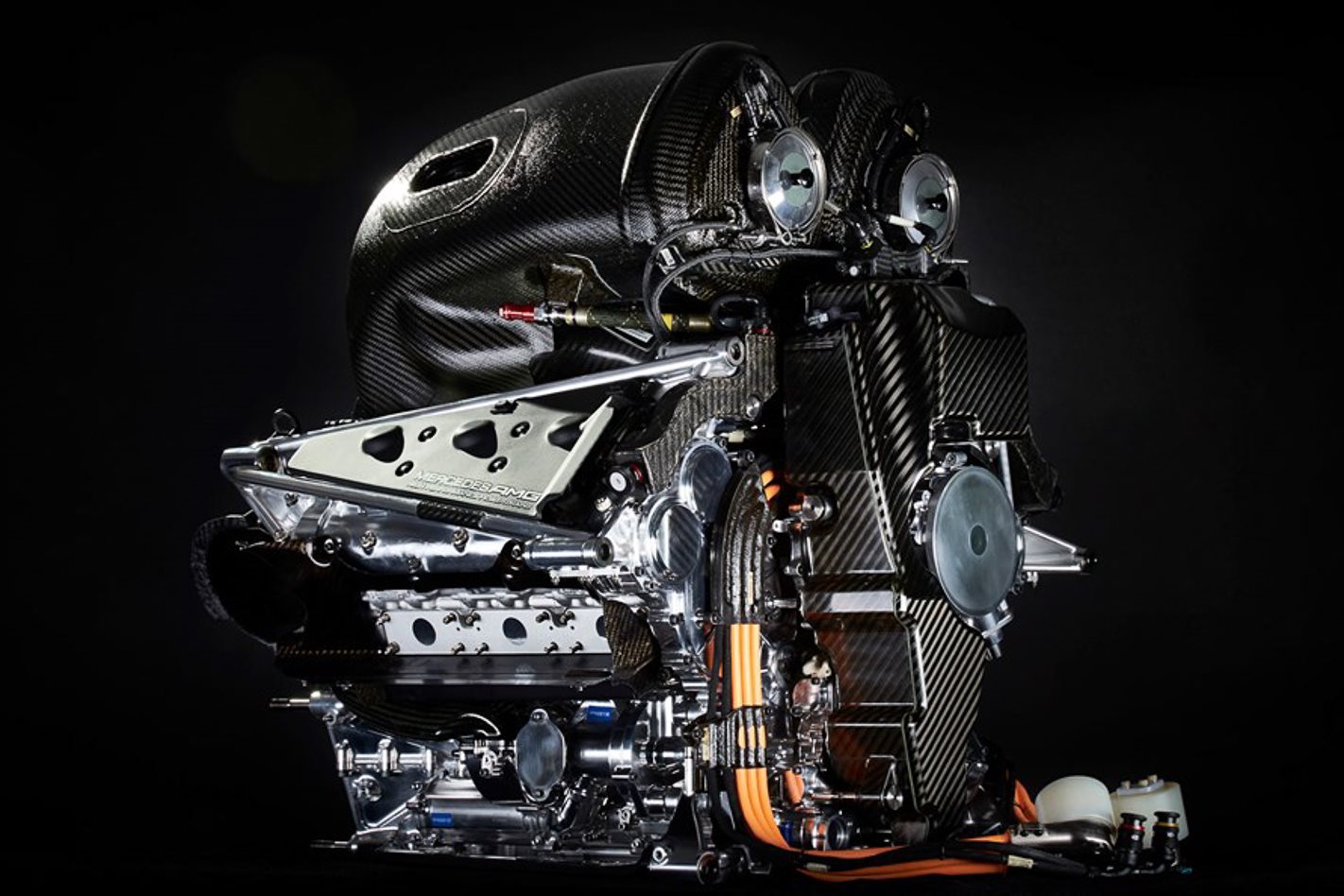 News
NewsFIA develops sustainable biofuel to power F1 engines
The new 'proof of concept' is a part of the sport's pledge to be more sustainable
-
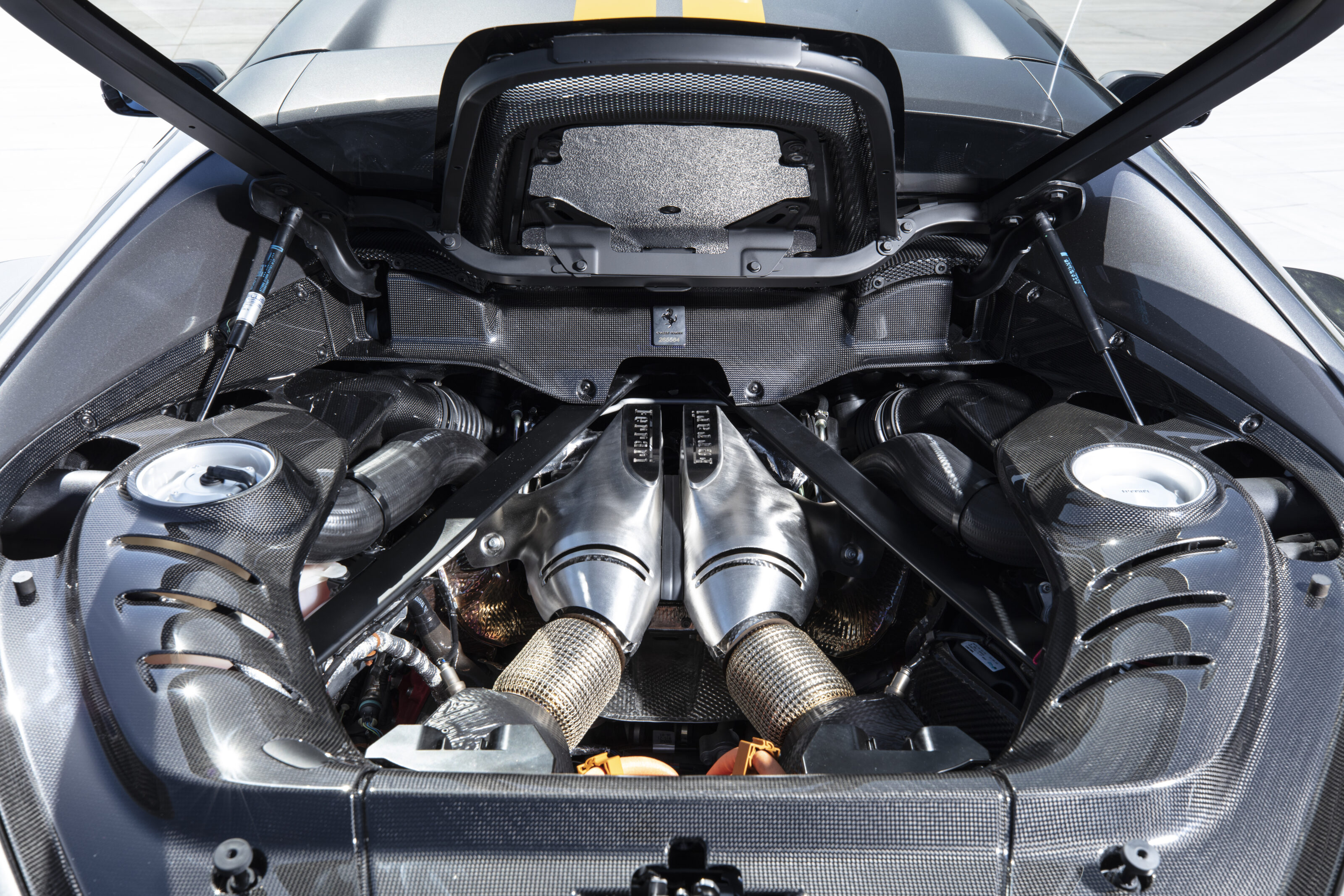 Features
FeaturesWhy McLaren and Ferrari have built 120-degree V6 engines
We explain why two performance powerhouses have thrown their weight behind an engine design that has never been put into mass production


